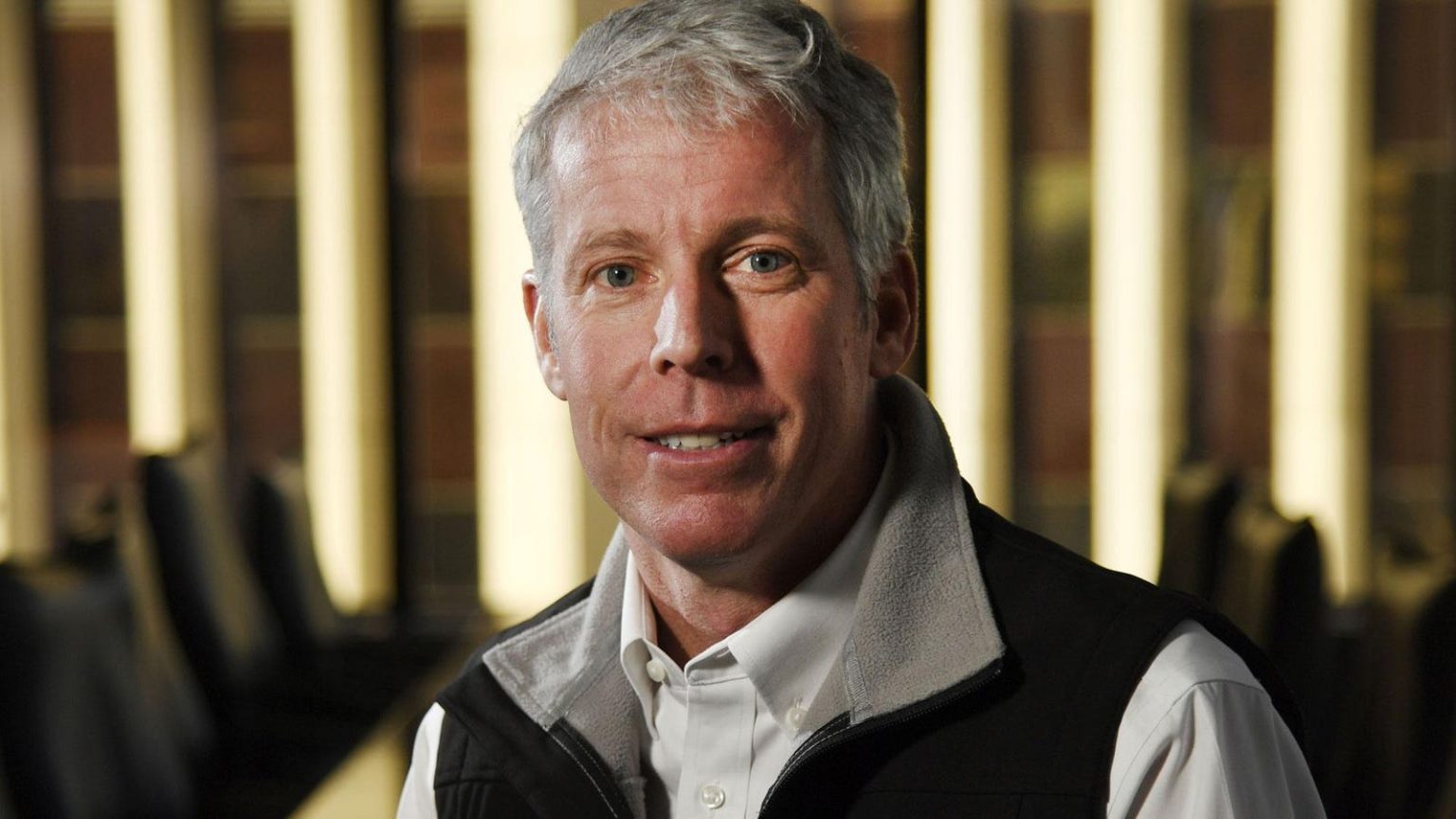Liberty Energy CEO Chris Wright: Advocating for Affordable Energy While Investing in Next-Gen Technologies
Chris Wright, the CEO of Liberty Energy, is a well-educated engineer with a background from both MIT and UC Berkeley. Over the past three decades, he has built a successful career in the energy sector, particularly in hydraulic fracturing, or fracking. Despite being labeled a "climate denier" by some, Wright clarifies that he acknowledges the contributions of fossil fuels in exacerbating climate change but believes that a reliable energy supply will require this energy source in the short to medium term. “To make the world a better place, you need more reliable, affordable, and secure energy,” he said, indicating that energy access is foundational to solving many global issues.
Wright’s perspective on the energy landscape diverges from conventional renewable energy advocates. He recognizes that while wind and solar energy have made strides, their intermittent nature requires extensive land use and energy storage solutions, which he criticizes for their environmental footprint. Wright emphasizes the need for energy sources that can deliver power continuously, highlighting natural gas and emerging technologies in nuclear and geothermal energy. His firm, Liberty Energy, has actively invested in start-ups like Fervo Energy, which seeks to extract geothermal energy through fracking methods, and Oklo, which is developing small-scale, innovative nuclear reactors.
Chris Wright’s journey in the energy sector began with his founding of Pinnacle Technologies in 1992, where he contributed to oil and gas flow mapping techniques. He later ventured into exploration and production with Liberty Resources to capitalize on the lucrative Bakken fields. Under his leadership, the company grew to become one of the largest fracking service providers in the U.S., now generating over $4 billion in annual revenue. Despite the challenges faced by the oil and gas sector, including downturns during the COVID-19 pandemic, Liberty Energy has remained resilient, notably acquiring the North American fracking business from Schlumberger during that tumultuous period.
While Wright supports clean air regulations addressing harmful emissions, he rejects labeling carbon dioxide as a pollutant warranting stringent regulation. He believes that the benefits of fossil fuel usage—such as advancements in public health and technology—outweigh its environmental impacts. Wright has implemented eco-friendlier practices within Liberty’s operations by utilizing natural gas to power equipment, thereby reducing the company’s carbon footprint. This strategic shift not only enhances operational efficiency but also aligns with his broader vision of transitioning toward cleaner energy infrastructures.
Beyond his commitment to Liberty Energy, Wright actively engages in venture investments in several startups focused on low-carbon technologies, including sodium-ion batteries, and geothermal energy solutions. He asserts that these investments are based on their potential for economic viability rather than relying on government incentives. Despite the political landscape surrounding the energy sector, Wright has maintained an optimistic view of continued innovation within the space, expressing confidence in America’s entrepreneurial capacity to address energy challenges.
As Wright potentially steps into a prominent role in the federal government within the Department of Energy, his vision of increasing affordable, reliable energy could influence policy approaches towards energy production and resource management. His supporters, including private equity cofounders David Leuschen and Pierre Lapeyre, commend his ability to bridge disparate viewpoints and find common ground in resolving complex issues. “We want abundant, cheap energy,” Wright declares, encapsulating his straightforward ambition for the energy sector during a time of significant transition and debate surrounding energy production and climate impact.















